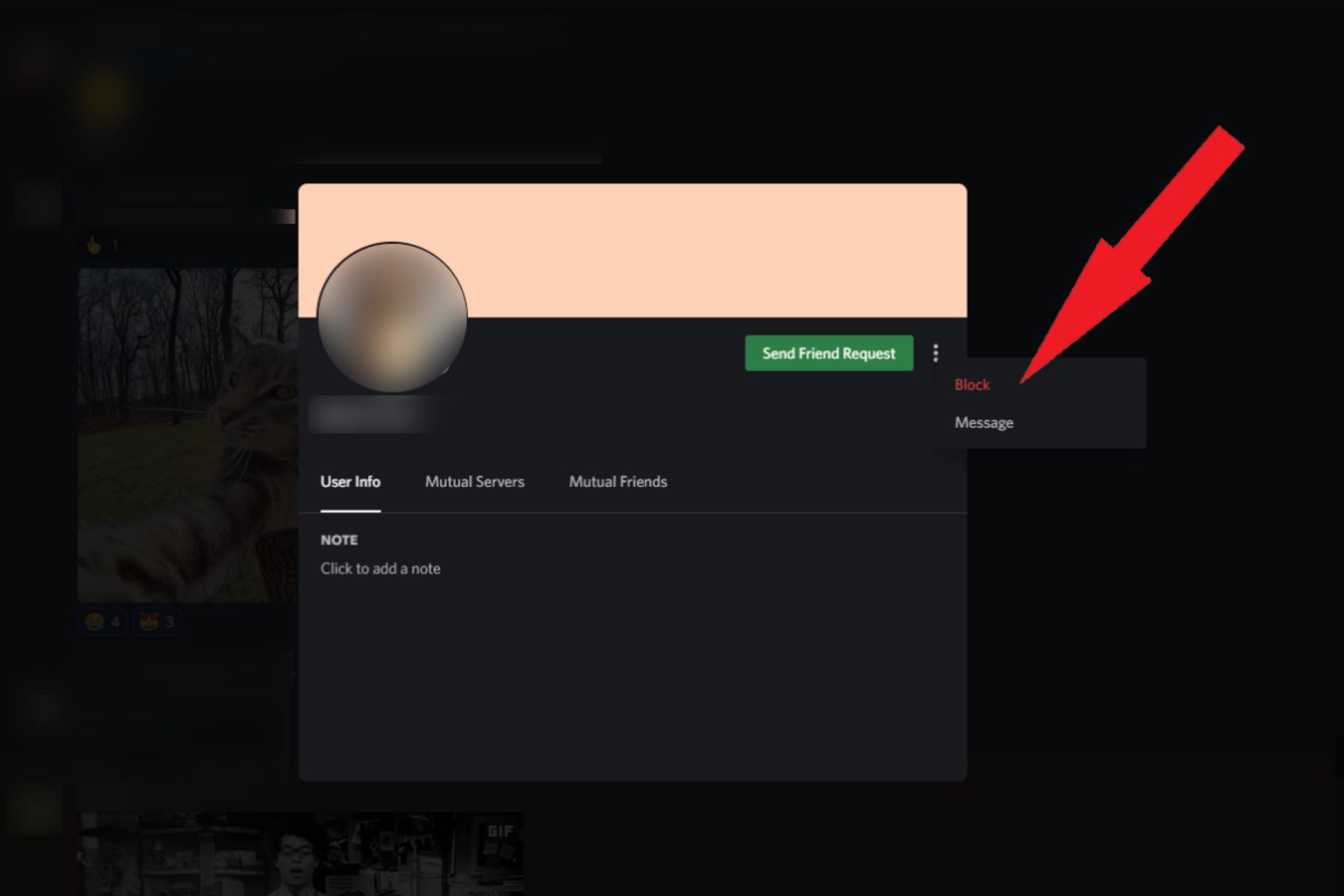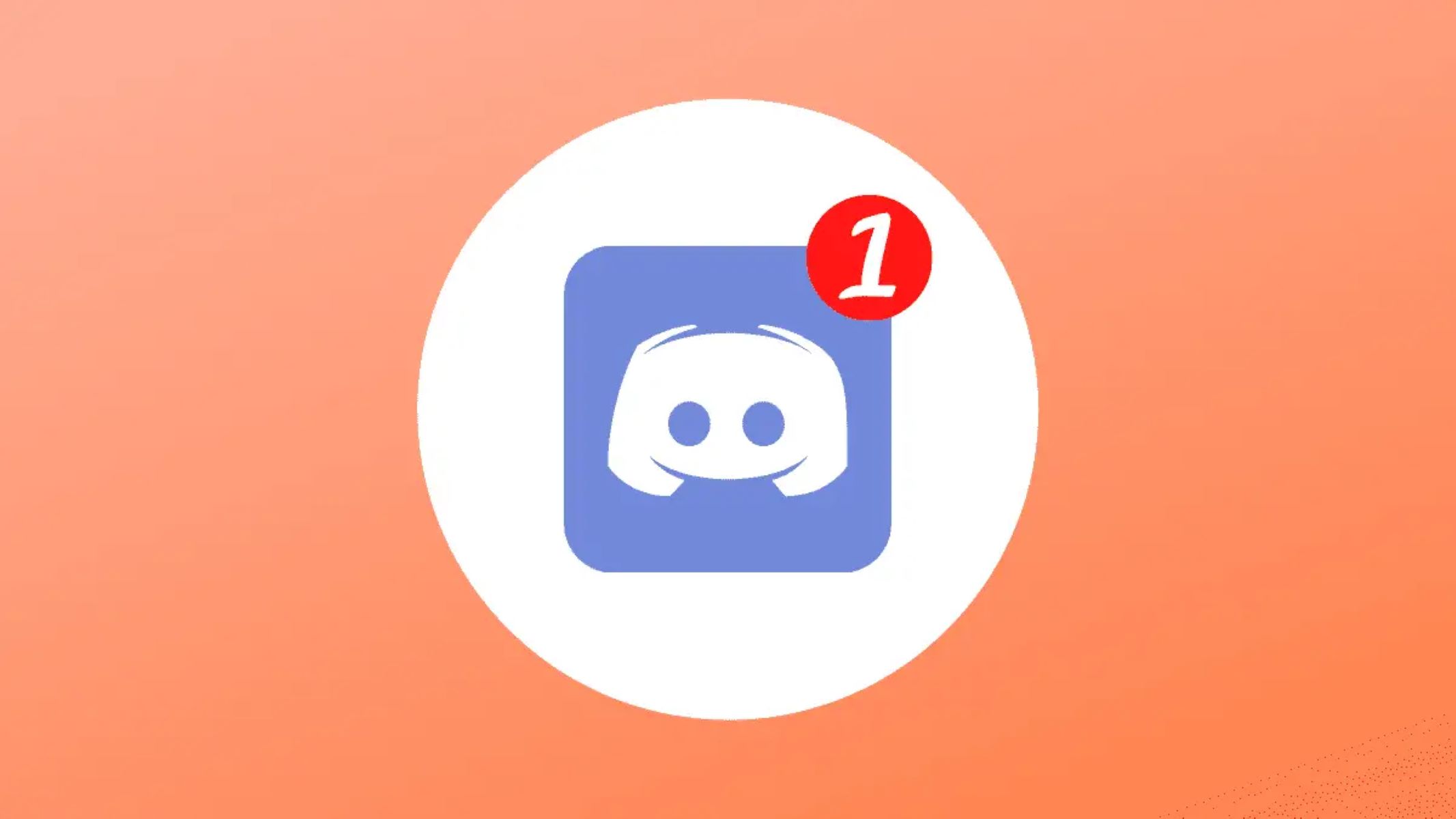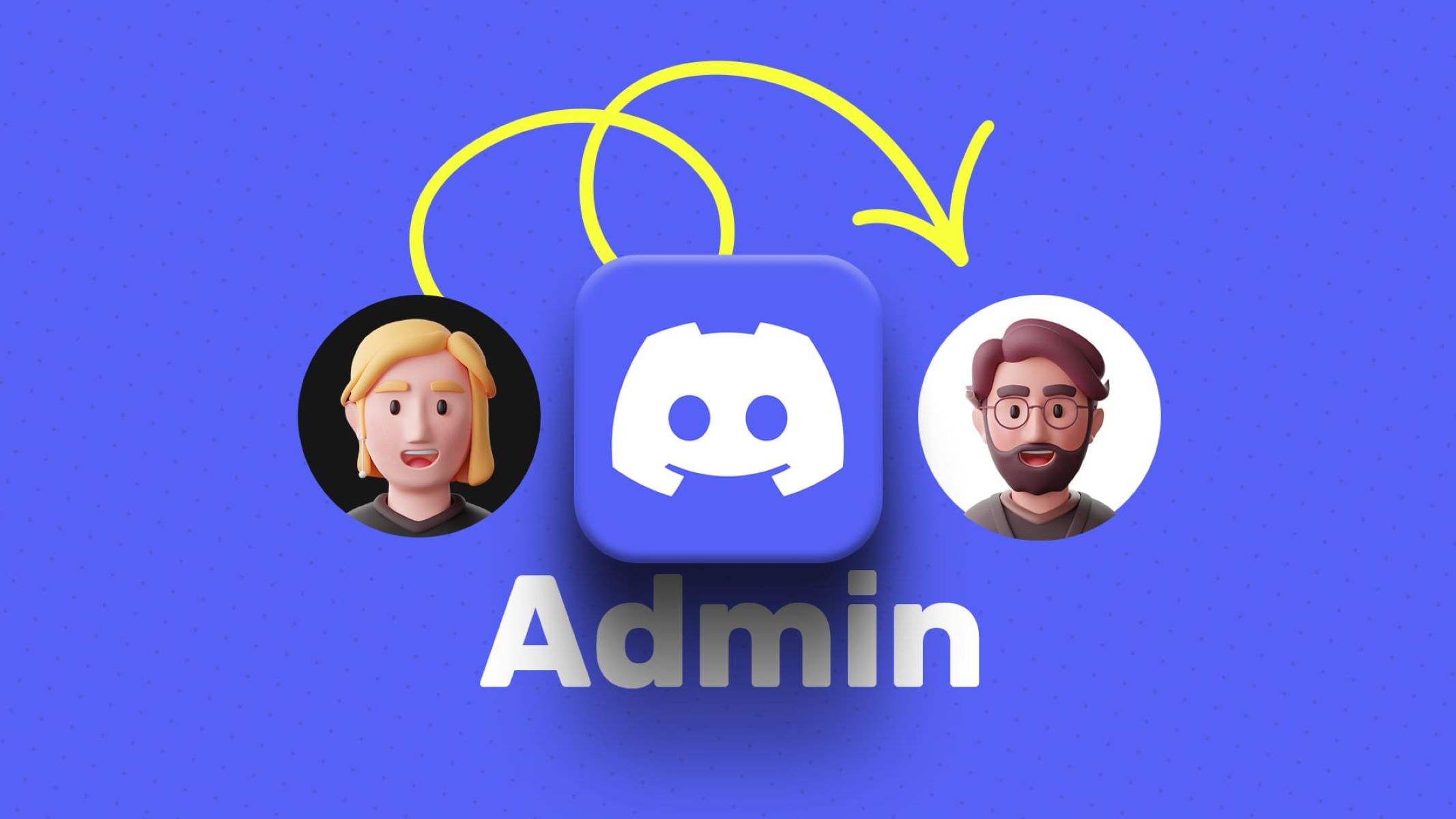Introduction
Discord, with its millions of users and numerous chat channels, has become one of the most popular platforms for online communication and community building. However, like any other social platform, it is not immune to certain individuals who may attempt to invade someone’s privacy or cause harm.
In the world of online privacy, doxing has gained notoriety. Doxing refers to the act of researching and publicly sharing private information about an individual, often with malicious intent. It can involve finding and exposing personal details such as real names, addresses, phone numbers, email addresses, and even social media accounts.
While doxing is a highly unethical practice and can lead to severe consequences, it is important to be aware of this issue in order to protect yourself and others from potential harm.
This article aims to shed light on the concept of doxing and outline how someone can potentially dox another person on Discord. However, it is crucial to emphasize that this information is being provided for educational purposes only, and any misuse or unethical behavior is strictly discouraged and may even be illegal.
By understanding the methods that doxers may use, you can better safeguard your personal information and be prepared to respond appropriately if you suspect someone is attempting to dox you or someone else on Discord. It is essential to promote a safe and respectful online environment for all users.
What is Doxing?
Doxing, derived from the word “docs” (meaning documents), refers to the act of gathering and exposing personal information about an individual without their consent. It involves uncovering details such as their real name, address, phone number, email address, and social media accounts.
The main objective of doxing is to breach an individual’s privacy and potentially expose them to harassment, stalking, or even identity theft. This malicious practice can cause significant emotional distress and harm to the victim, as their personal information is made available to the public.
Doxing can take place both offline and online. In an offline scenario, it may involve someone physically collecting information, such as rummaging through trash or accessing public records. However, with the rise of social media and online platforms, doxing has become more prevalent in the digital realm.
Online doxing often involves utilizing various techniques to gather personal information. This can include deep web searches, data breach searches, trace routing, and utilizing open-source intelligence (OSINT) tools. Doxers may also employ social engineering tactics to manipulate individuals or exploit vulnerabilities in online systems to access private information.
Once the doxer has collected enough personal information, they may publish it on public forums, social media, or other platforms with the intention of causing harm or inciting others to harass the victim. This exposure can lead to severe consequences, including online harassment, offline stalking, and even physical harm if the information falls into the wrong hands.
It is important to recognize that doxing is not only unethical but is also a violation of personal privacy and security. The act of doxing can have severe implications for both the victim and the doxer themselves, as it is an invasion of privacy and can be punishable by law in many jurisdictions.
In the following sections, we will explore the methods that someone may use to dox an individual on Discord. Understanding these techniques can help you protect yourself and your personal information from potential doxers.
Why would someone want to dox someone on Discord?
While the act of doxing is unethical and can have severe consequences, it is important to understand the motivations behind why someone may choose to dox another person on Discord. By understanding these motivations, we can better comprehend the potential risks and take necessary precautions to protect ourselves and our online privacy.
1. Revenge and Retaliation: In some cases, individuals may resort to doxing as a means of seeking revenge or getting back at someone who has wronged them. They may believe that exposing personal information will lead to social humiliation or other forms of retaliation.
2. Online Harassment and Stalking: Doxers often engage in this behavior to harass, intimidate, or stalk their victims. By revealing personal information, they can find ways to invade the victim’s digital and real-life spaces, causing emotional distress and fear.
3. Personal Vendettas: Certain individuals may have personal vendettas against others, either due to personal conflicts, jealousy, or other reasons. Doxing can be seen as a way to publicly shame or embarrass the target.
4. Ideological Reasons: Some doxers may have ideological motivations, where they believe they are exposing individuals who hold views or affiliations that they find morally objectionable. They may see doxing as a form of activism or a way to hold people accountable for their actions or beliefs.
5. Financial Gain: Unfortunately, some doxers may engage in this activity for financial gain. They may sell the personal information they gather to interested parties, potentially leading to identity theft or other fraudulent activities.
6. Power and Control: Doxing can provide a sense of power and control over others. By obtaining personal information, doxers can manipulate or exploit individuals, either for their own personal gratification or for other malicious purposes.
It is crucial to remember that doxing is not justified under any circumstances, regardless of the motivation behind it. It is a violation of privacy and can have severe consequences for the victims involved. It is essential to promote a culture of respect and safety on online platforms like Discord and take necessary precautions to protect our personal information and privacy.
In the following sections, we will explore the methods that someone may use to gather personal information and potentially dox someone on Discord.
Gather Public Information
When attempting to dox someone on Discord, one of the initial steps is to gather as much publicly available information about the individual as possible. Public information refers to details that are freely accessible and not considered private or confidential. It can include information shared on social media, public records, online directories, and other sources.
Here are a few methods that doxers may use to gather public information:
1. Discord Profile: Start by examining the user’s Discord profile. Look for any information they may have willingly provided, such as their username, avatar, bio, or any linked social media accounts. While this information may be limited, it can be a useful starting point for further research.
2. Social Media Platforms: Search for the individual’s online presence on popular social media platforms like Facebook, Twitter, Instagram, and LinkedIn. Look for any public posts, profile information, or connections that may reveal personal details.
3. Online Forums and Communities: Explore relevant online forums or communities where the individual may be active. Look for any posts, discussions, or comments that may provide insights into their personal life or interests.
4. Blog or Website: If the person has a blog or website, review their content and any contact information they may have provided. Blogs or personal websites can often disclose additional personal details or even contact information through a contact page or “About Me” section.
5. Public Records: Check publicly available records that may disclose information about the individual, such as property ownership, court records, business registrations, or professional licenses. These records may vary depending on the jurisdiction and may require some additional research to access.
6. Online Directories: Explore online directories like Whitepages, Spokeo, or People Search websites, which aggregate public information from various sources. These directories may display the person’s name, address, phone number, or even family members.
It is important to note that gathering public information does not justify or excuse the act of doxing. Everyone has a right to privacy, and it is essential to respect that boundary. Disclosing personal information without consent is a violation of privacy and can have severe consequences.
In the next section, we will explore the methods doxers use to search for an individual’s social media accounts, which can often yield more personal information.
Search for Social Media Accounts
One of the primary goals of doxing on Discord is to uncover an individual’s social media accounts. Social media platforms can often provide a wealth of personal information, including connections, interests, photos, and even contact details.
Here are some methods that doxers may use to search for social media accounts:
1. Username Consistency: Start by searching for the individual’s Discord username on popular social media platforms like Facebook, Twitter, Instagram, and LinkedIn. In some cases, users may have the same username across multiple platforms, making it easier to locate their other accounts.
2. Usernames and Display Names: Look for any variations of the individual’s username or name that they may be using on social media. People often use alternate spellings, nicknames, or combinations of their name and birth year. These variations can be helpful in locating their accounts.
3. Reverse Image Search: If the individual has shared profile pictures on Discord, you can perform a reverse image search using tools like Google Images or TinEye. This technique can help you find instances where the same image is used on different social media platforms, potentially leading you to their accounts.
4. Mutual Connections: If you know someone who is connected to the individual on Discord, you can examine their social media accounts. Look for any posts, tags, or mentions that may indicate a connection to the person you are trying to dox. This method can be helpful in uncovering hidden accounts or connections.
5. Online Footprint: Check if the individual has mentioned their social media accounts on other websites, blogs, or forums. They may have left comments or engaged in discussions using their social media profiles, which can provide valuable leads.
6. Email Addresses: If you have access to the individual’s email address, you can try searching for it on social media platforms. Some platforms allow users to sign up using their email address as their username, revealing potential accounts.
It is crucial to remember that searching for social media accounts with the intention of doxing is an invasion of privacy and highly unethical. The information found on social media platforms is often shared voluntarily, and individuals have the right to control their own online presence.
In the next section, we will discuss how doxers use search engines to gather additional information about the individual they are targeting on Discord.
Use Search Engines
Search engines play a significant role in the process of doxing on Discord, as they can provide a wealth of information about an individual through a simple online search. By using various search techniques, doxers can uncover additional details about the person they are targeting.
Here are some methods doxers may use when utilizing search engines:
1. Full Name Search: Start by searching for the person’s full name on popular search engines like Google, Bing, or DuckDuckGo. Look through the search results to find any public information, social media profiles, news articles, or other relevant content that may reveal personal details.
2. Username Search: If you know the person’s username on Discord, perform a search using their username in combination with other relevant keywords. This can help you find forum posts, online discussions, or mentions of their username on different platforms, potentially exposing more personal information.
3. Website or Blog Search: If the individual has a personal website or blog, search for their name or username within the site. This can lead you to articles, posts, or comments that they have published, providing insights into their thoughts, opinions, or personal experiences.
4. News and Media Coverage: Check if the person has been mentioned in any news articles or media coverage. This can include local news, online publications, or even niche-related magazines or websites. News articles may contain personal details, interviews, or connections to other individuals.
5. Public Records: Certain search engines provide access to public records databases. You can search for the person’s name, address, or other relevant details to see if any publicly available records come up. These records can include property ownership, court documents, or business registrations.
6. Archived Websites: Make use of web archiving services like the Wayback Machine or Archive.is to search for older versions of websites that the person may have created or been associated with in the past. This can reveal previous online activities or personal information that has since been removed or modified.
It is important to note that while search engines can provide a wealth of information, the information found should be used responsibly and ethically. Doxing someone based on search engine results is a violation of their privacy and can have severe consequences. It is essential to respect individuals’ rights to privacy and not misuse or abuse the information found.
In the next section, we will explore how doxers utilize open-source intelligence tools (OSINT) to gather even more information about their target on Discord.
Use Open Source Intelligence (OSINT) Tools
In the world of doxing on Discord, open-source intelligence (OSINT) tools play a crucial role in gathering information about an individual. OSINT refers to the collection and analysis of publicly available information from various sources to gain insights and uncover hidden details.
Here are some common OSINT tools that doxers may use:
1. Social Media Analytics: OSINT tools can help doxers analyze social media profiles for patterns, connections, and hidden information. These tools can provide insights into the person’s interests, connections, and online activities, allowing doxers to build a more comprehensive profile of their target.
2. Data Breach Databases: Doxers frequently search for data breaches that have occurred on various platforms. They can access databases that compile leaked data from past breaches and use the information to gather personal details about the individual, such as email addresses, usernames, or passwords.
3. Maltego: Maltego is a popular OSINT tool that allows users to visualize and analyze data relationships. It can gather information from various sources, including social media, online directories, and other publicly available databases. Maltego helps doxers connect the dots between different pieces of information and unveil connections that may expose personal details.
4. Recon-ng: Recon-ng is a versatile OSINT tool that automates the process of gathering information. It can search for email addresses, domains, usernames, and other identifiers across multiple data sources. Doxers can use Recon-ng to gather comprehensive information about their target, including social media profiles, website details, and potential online accounts.
5. Shodan: While primarily known as a search engine for internet-connected devices, Shodan can also be used for OSINT activities. Doxers can search for specific IP addresses or keywords to uncover publicly accessible information, such as webcams, servers, or other devices that may be associated with the target.
6. Google Dorks: Advanced search operators, known as Google dorks, allow doxers to utilize specific search queries to refine their results. By leveraging these search operators, doxers can access publicly available information that may not be easily found through simple keyword searches.
It is important to note that the use of OSINT tools can have both legitimate and malicious purposes. Doxing on Discord is considered unethical and should never be done. These tools, when used for ethical purposes, can aid in threat intelligence, cybersecurity, and digital investigations.
In the next section, we will discuss the importance of cross-referencing information obtained from different sources to ensure accuracy and reliability.
Cross-reference Information
When doxing on Discord, it is crucial for doxers to cross-reference the information they have gathered from different sources. Cross-referencing involves comparing and verifying information obtained from various channels to ensure its accuracy and reliability.
Here are some reasons why cross-referencing is important in the process of doxing:
1. Verification: Different sources may provide conflicting or inaccurate information. By cross-referencing multiple sources, doxers can ensure that the information they have collected is consistent and reliable. This helps avoid the dissemination of false or misleading data.
2. Corroboration: Cross-referencing can help doxers confirm the accuracy of the information they have gathered. When multiple sources independently provide the same or similar information, it strengthens the credibility of the data and adds legitimacy to the doxer’s findings.
3. Completeness: Cross-referencing allows doxers to fill in any missing gaps in the information they have collected. By comparing and combining data from various sources, they can ensure a more comprehensive and detailed profile of the targeted individual.
4. Data Integrity: Doxers need to ensure that the information they obtain is up-to-date and relevant. Cross-referencing helps identify outdated or superseded information, ensuring that the data being used is current and accurate.
5. Minimizing Errors: Cross-referencing can help doxers identify and rectify any errors or inconsistencies in the information they have collected. By carefully examining and comparing the data, they can correct any mistakes or misleading details, leading to more reliable findings.
It is important to approach the process of cross-referencing with caution and integrity. While doxing is unethical, understanding the concept of cross-referencing can promote accountability and critical thinking when dealing with personal information. The intention should always be to ensure accuracy and protect individuals’ privacy.
In the next section, we will discuss the importance of verifying the information gathered during the doxing process.
Verify the Information
As an essential step in the doxing process on Discord, it is crucial to verify the information collected from various sources. Verifying the information involves cross-checking its accuracy and reliability to ensure that the data being used is valid and trustworthy.
Here are some methods to verify the information during the doxing process:
1. Multiple Sources: Seek information from multiple independent sources to verify its accuracy. If multiple sources provide the same or similar details, it increases the likelihood that the information is reliable. Be cautious of relying solely on a single source that cannot be corroborated.
2. Primary sources: Whenever possible, try to obtain information from primary sources rather than relying on secondary or third-party accounts. Primary sources are considered more reliable as they provide firsthand or original information about the individual.
3. Fact-checking: Conduct fact-checking by comparing the collected information with reputable sources, such as news articles, official records, or trusted databases. Verify key details, such as names, addresses, or important events, using reliable resources to ensure their accuracy.
4. Social Media Verification: Compare the information found on social media accounts with other available sources. Look for consistency in profile details, pictures, connections, and other information that can help confirm the authenticity of the account or any shared information.
5. Contact the Individual: While not always feasible, if the situation allows, consider reaching out to the individual directly to clarify or verify any information. Understandably, this may not always be an option, especially in cases involving privacy concerns or malicious intent.
6. Expert Assistance: In complex or sensitive cases, it may be valuable to consult professionals or experts in relevant fields. They can provide insights, guidance, and expertise to verify and validate the information being collected.
It is essential to approach the verification process with integrity and respect for individuals’ privacy. The aim should be to use the collected information responsibly and not for malicious purposes. Respecting privacy rights and conducting ethical research practices are paramount throughout the entire doxing process.
In the next section, we will explore how to effectively put together the information gathered during the doxing process to form a comprehensive profile of the target individual.
Putting It All Together
After gathering and verifying the collected information, the next step in the doxing process on Discord is to put all the pieces together to form a comprehensive profile of the target individual. This profile can provide a deeper understanding of the person, their interests, connections, and potentially expose personal details.
Here’s how to effectively put together the information gathered during the doxing process:
1. Organize the Information: Start by organizing the collected information into relevant categories, such as personal details, social media accounts, employment history, education, or any other significant aspects. This helps create a structured and organized profile of the individual.
2. Establish Connections: Look for connections and correlations between the different pieces of information. Identify patterns, commonalities, or relationships that may help build a clearer picture of the target’s online presence, habits, or social connections.
3. Analyze the Profile: Analyze the profile you have created based on the collected information. Look for insights, trends, or significant findings that may provide further understanding of the target individual’s characteristics, affiliations, or interests.
4. Evaluate Credibility: While putting the information together, evaluate the credibility and reliability of each piece of data. Consider the sources, corroboration, and overall consistency of the information. Remove or annotate any unverified or questionable details to maintain the integrity of the profile.
5. Assess Potential Impact: Consider the potential impact and consequences of exposing the gathered information. It is crucial to prioritize privacy and ethical considerations. Avoid sharing or using the information for malicious purposes or harm.
6. Secure the Information: Treat the collected information with caution and maintain its confidentiality. Protect the privacy and security of the gathered details, ensuring that they are stored securely and accessed only by authorized individuals.
Remember, doxing is an unethical practice and is highly discouraged. The purpose of putting information together in a comprehensive profile should only be for educational or ethical purposes, such as raising awareness about online privacy or promoting responsible information sharing.
In the next section, we will wrap up the article with key takeaways and reinforce the importance of respecting privacy and online ethics.
Conclusion
While the act of doxing on Discord is unethical and can have severe consequences, it is important to understand its methods and motivations to better protect ourselves and others from potential harm. Doxing involves invading someone’s privacy by uncovering and sharing their personal information without consent, often with malicious intent.
In this article, we explored the various steps involved in doxing on Discord, including gathering public information, searching for social media accounts, utilizing search engines, employing open-source intelligence (OSINT) tools, cross-referencing information, and verifying its accuracy. It is crucial to note that providing this information was for educational purposes only, and we strongly discourage any unethical or malicious use of these techniques.
Respecting privacy and promoting responsible digital behavior are of utmost importance. It is vital to prioritize the security and privacy of our personal information and be cautious of the information we share online. By being aware of the potential risks and taking appropriate precautions, we can better safeguard ourselves and others from doxing attempts on Discord or any other online platform.
If you believe you are being targeted or have concerns about your online privacy, consider reporting the situation to the appropriate authorities or platform administrators. Internet safety should be a collective effort, and we must work together to create a safe and respectful online environment for all.
Remember, the internet is a powerful tool that can connect and empower us, but it also requires responsible and ethical usage. Let us strive to build a digital world where privacy, security, and respect are valued and protected.

























